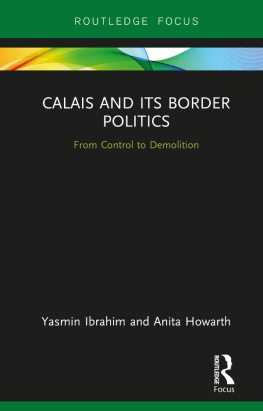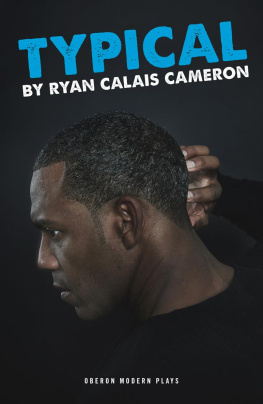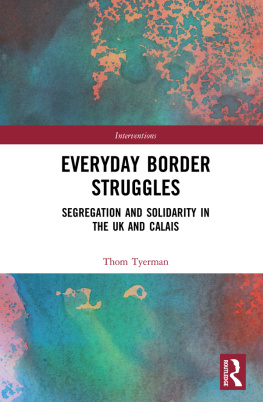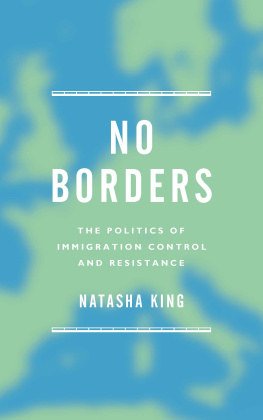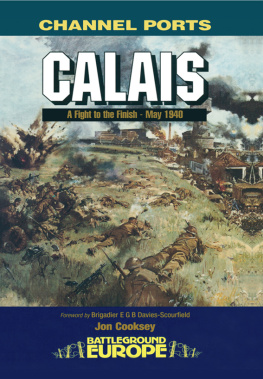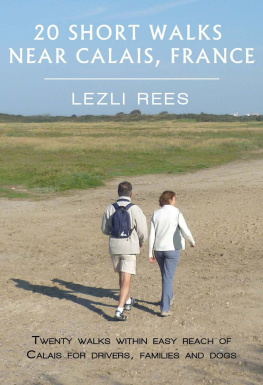p.i
Calais and its Border Politics
Calais has a long history of transient refugee settlements and is often narrated through the endeavour to sanitize it by both the English and the French in their policy and media discourses. Calais and its Border Politics encapsulates the border politics of Calais as an entry port through the refugee settlements known as the Jungle. By deconstructing how the jungle is a constant threat to the civilization and sanity of Calais, the book traces the story of the jungle, both its revival and destruction as a recurrent narrative through the context of border politics. The book approaches Calais historically and through the key concept of the camp or the jungle a metaphor that becomes crucial to the inhuman approach to the settlement and in the justifications to destroy it continuously. The demolition and rebuilding of Calais also emphasizes the denigration of humanity in the border sites.
The authors offer a comprehensive insight into the making and unmaking of one of Europes long-standing refugee camps. The book explores the history of refugee camps in Calais and provides an insight into its representation and governance over time. The book provides an interdisciplinary perspective, employing concepts of space making, human form and corporeality, as well as modes of representation of the Other to narrate the story of Calais as a border space through time, up to its recent representations in the media.
This books exploration of the representation and governance of the contentious Calais camps will be an invaluable resource to students and scholars of forced migration, border politics, displacement, refugee crisis, camps and human trauma.
Yasmin Ibrahim is a Reader in Communications at Queen Mary, University of London, UK.
Anita Howarth is a Senior Lecturer in Journalism, Brunel University, UK.
p.ii
Routledge Research on the Global Politics of Migration
Globalisation, Migration, and the Future of Europe
Insiders and Outsiders
Leila Simona Talani
Rethinking Security in the Age of Migration
Trust and Emancipation in Europe
Ali Bilgic
Citizenship, Migrant Activism and the Politics of Movement
Peter Nyers and Kim Rygiel
Migration and Insecurity
Citizenship and Social Inclusion in a Transnational Era
Niklaus Steiner, Robert Mason, and Anna Hayes
Migrants, Borders and Global Capitalism
West African Labour Mobility and EU Borders
Hannah Cross
International Political Theory and the Refugee Problem
Natasha Saunders
Calais and its Border Politics
From Control to Demolition
Yasmin Ibrahim and Anita Howarth
p.iii
Calais and its Border Politics
From Control to Demolition
Yasmin Ibrahim and Anita Howarth
p.iv
First published 2018
by Routledge
2 Park Square, Milton Park, Abingdon, Oxon OX14 4RN
and by Routledge
711 Third Avenue, New York, NY 10017
Routledge is an imprint of the Taylor & Francis Group, an informa business
2018 Yasmin Ibrahim and Anita Howarth
The right of Yasmin Ibrahim and Anita Howarth to be identified as authors of this work has been asserted by them in accordance with sections 77 and 78 of the Copyright, Designs and Patents Act 1988.
All rights reserved. No part of this book may be reprinted or reproduced or utilised in any form or by any electronic, mechanical, or other means, now known or hereafter invented, including photocopying and recording, or in any information storage or retrieval system, without permission in writing from the publishers.
Trademark notice : Product or corporate names may be trademarks or registered trademarks, and are used only for identification and explanation without intent to infringe.
British Library Cataloguing-in-Publication Data
A catalogue record for this book is available from the British Library
Library of Congress Cataloging-in-Publication Data
A catalog record has been requested for this book
ISBN: 978-1-138-04916-1 (hbk)
ISBN: 978-1-315-16971-2 (ebk)
Typeset in Times New Roman
by Swales & Willis Ltd. Exeter, Devon, UK
p.v
To all the displaced children. To lost innocence. To lost childhood. To lost lives.
p.ix
It was the tears of the children that drew us to Calais. It was a line in the newspapers about another grand demolition of the Jungle in Calais in 2009. A circus act had been concocted to impress the public that the authorities on both sides were indeed in charge. It described with detail the bulldozers and flame throwers. Amidst all that noise were these tiny figures in tears. There were no images of them. Just a line that captured their desolation. Their loss. Over the years, Calais will remain a contentious issue making headlines and making enemies of neighbours, further fragmenting the united front of the EU. The jungles belonged to nobody but they were a curse. The unwanted in Europe is a story of moral panic. A story of threat and extreme unease, particularly at election periods. The invisible children alluded to in the earlier articles will become real images in media coverage. We will see them dangled on razor wires, perhaps even a grave at the camp site. While the hidden and invisible became realms of new found curiosity in media coverage, Calais remains a cartography of human violence. Episodes and episodes of human drama and desperation and equally annihilation of makeshift quarters will happen with a frenzy to cleanse and sanitize Calais and to return it to normalcy. Calais as overrun by the Jungle and filled with human squalor and filth will be contrasted with stories of Jungle residents having modern toilets and a library with childrens book. Stories of futility will be mediated by volunteer kitchens and charity groups offering human help on the ground. Canned food and makeshift churches providing a glimmer of hope. A sliver of salvation.
p.x
The reclaiming of Calais will play out in numerous tunes and they will take more atavistic forms over time. The denial of human rights along with basic human amenities will unleash a politics of depletion; where there will be a defacing of the human in the humanitarian project. The denigration of the human form and the animalistic renditions that ensue is about a mirror to humanity, another chapter in the violent history of migration in Europe. Another story of human displacement that has yet to find its happy ending. The UKs response to this crises has been confused and fragmented, often overplaying security issues at the expense of the beleaguered human form. Theresa Mays (then home secretary prior to her premiership) response was to send more razor wire to shore up the defences at the border. The razor wire in fact is symbolic of the crisis in Calais. It became the very object that residents of Calais hope to cross and over time these form a relationship with the refugee body, where cuts, gaping wounds and gangrene infections reveal their attempts to cross into Britain. Attempts at redemption. Attempts to be not reduced to bare life. Others are reduced to fatal statistics in their quest to escape the madness of the camp. While others languish in detention centres, where both daylight and hope arrive in scant measure.
p.1
Introduction
This book is about the constant eruptions produced by the so-called migrant crisis at the Anglo-French borders of Calais. Its about the stories of Jungles that sprout in the White suburbia. Jungles that seem to be virulent in reducing carefully planned suburbs into swamp lands. Order into chaos. The sort of turbulence that warrants armed intervention and demolition. These refugee camps labelled the Jungle are wholly inconvenient for they turn neighbouring states into turf wars with blazing accusations of the other not being resolute in attending to the migrant problem. These constant skirmishes, name calling and cries of irresponsibility are part of the madness that the Jungle produces, beyond the madness the Jungle inflicts on its own inhabitants. The constant resurgence of the Jungle and the quest to make these makeshift settlements disappear become recurring tropes in the modern and contemporary history of Calais, invoking a spiral of violence on the Other and against the Other.

